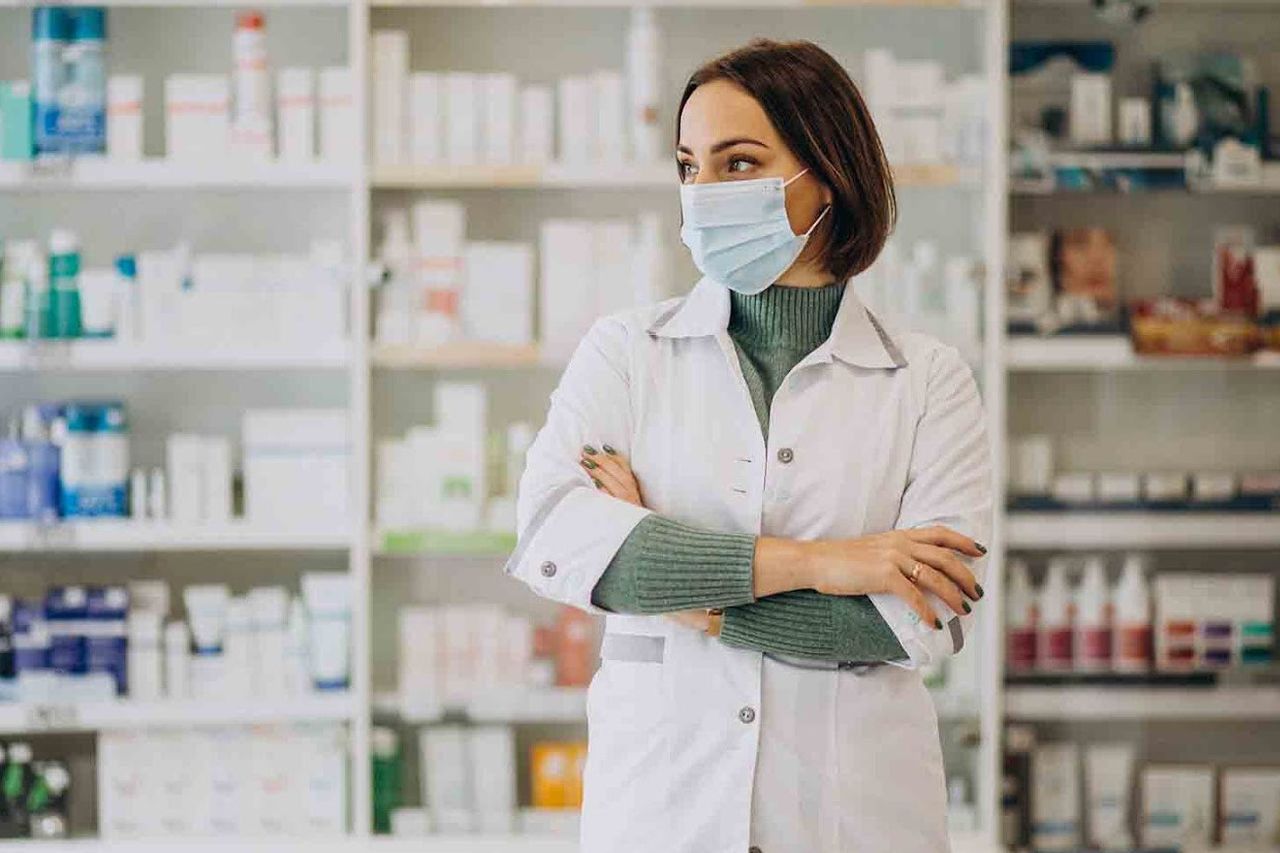Swamedikasi Dan Penggunaan Obat: Dua Sisi Mata Uang Layanan Kesehatan

JAKARTA - Inequality in the Indonesian health sector continues to be a big challenge, from the distribution of medical personnel, health facilities, to drug abuse. This problem has a wide impact, especially in remote areas where access to health services is minimal. How can we present an even and sustainable solution?
Chairman of the Central Executive Board of the Indonesian Pharmacists Association (IAI) apt. Noffendri Roestam, S.S., revealed surprising facts in a health broadcast, as many as 60 percent of pharmacists are concentrated in Java, while the rest are spread throughout Indonesia.
"This pattern is also seen at the provincial level of the majority of practicing pharmacists in the capital city compared to other regencies or cities," he said.
Until October 2024, Indonesia had 106,000 pharmacists, but uneven distribution hampered health services in many regions.
Every year, around 12,000 new pharmacists graduate from 70 pharmaceutical universities in Indonesia. However, without government incentives to encourage them to serve in remote areas, equitable distribution of health workers remains a challenge.
"We hope that pharmacists will not only practice in big cities, but also reach areas in need," added Noffendri.
Solutions Amid Limitation
In the midst of limited health facilities, self-administering for mild health problems appears as an important alternative. According to dr. Muhammad Fajri Adda'i, resident of cardiology and influencer doctors, Swamedikasi helps the community overcome mild symptoms while reducing the burden on health facilities. However, education is the key to success.
The purchase of free-group drugs (signs of a green circle), and freeness (signs of a blue circle) without a prescription, must be done by complying with the dosage rules in the packaging, because excessive use can result in side effects of internal organ damage, "explained dr. Fajri. He also emphasized the importance of consulting health workers if conditions do not improve in three days.
Suram Portrait Of Drug Abuse
The problem of inequality in health facilities has not yet been resolved, now another problem arises: drug abuse by individuals in several areas. Medicines whose supply is limited are even mixed with liquor to increase the sensation of the efficacy effect of the drink. This is clearly increasingly detrimental to people who need medicine for self-dipation.
This is specifically highlighted here by the Clinical Psychologist for Children and Families, Irma Gustiana Andriyani, S.Psi., M.Psi. which states that teenagers are the most vulnerable group. "The youth brain is not yet perfect in the development process, so they cannot measure the risk and often act impulsively. In addition, efforts to conformate with peers also provide a tendency to do things that are less wise," said Irma Gustiana.
He added that the lack of education from families, schools, and the environment exacerbated this situation. Lack of basic knowledge about healthy living and safe use of drugs at home and at school provides loopholes for teenagers to try dangerous things, including drug abuse. It takes the involvement of many parties, not only family, but also community members, the government also schools to provide education related to the use of drugs that are wise from an early age," he explained.
However, a number of irresponsible parties are still there and looking for opportunities for abuse. If drug trafficking is limited, of course, one of the consequences is that it complicates public access to health services. In practice, to limit drug abuse, law enforcement efforts are often carried out in the form of raids on pharmacies in several places, however, this step cannot be separated from problems.
Noffendri Roestam assessed that the raids were actually not appropriate for pharmacies and drug stores. Apotek and drug stores operate with regulations and under the supervision of the health office and the regional POM office, so if there are violations of course those who take action are both agencies in their respective regions. Therefore, raids carried out at pharmacies and drug stores are not appropriate at all. Pharmacies are a means of distribution of pharmacy, not discotheques or hangout places where there is a possibility of abuse, why should a raid be carried out?
He also added, "If we look deeper at how people get drugs to be misused, generally not in official distributors, but drug dealers are unofficial or even dark, maybe that should be the focus of prosecution, not raids on pharmaceutical distribution facilities".
In this broadcast, the three speakers agreed that in order to face these various challenges, a comprehensive solution is needed that involves all parties and pays attention to various factors that include several strategies, such as comprehensive education to the public in order to improve knowledge about the guidelines for self-demdication and use of safe drugs, acceleration and simplification of the pharmacy permit process to ensure public access throughout Indonesia for self-dipation, and equitable distribution of health infrastructure such as pharmaceutical service facilities and pharmaceutical staff. Contribution to every element of society is needed so that continuous solutions can have a broad impact.
SEE ALSO:
The hope is that the solution provided must be sustainable. Optimizing the role of the Puskesmas can be one solution for the problems we face. With a collaborative approach, Indonesia is expected to create a health system that is equitable, safe, and sustainable for all levels of society," concluded Noffendri.
